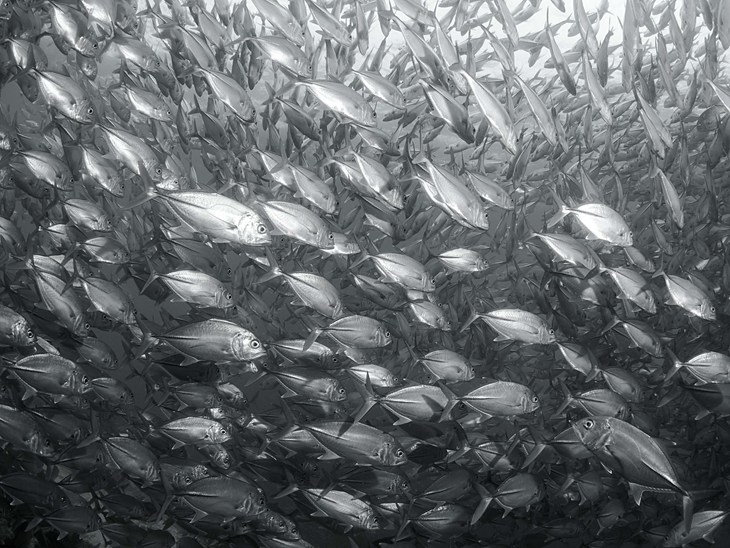9/6/2023
When we think of sentient beings, our minds often conjure images of mammals such as dogs, cats, or even elephants. However, there's an animal that often goes unnoticed, which is the fish. Recent scientific research has unveiled compelling evidence that fish are sentient beings capable of experiencing pain, emotions, and exhibiting complex behaviors just like their mammal counterparts. Acknowledging the importance of fish sentience and exploring the evidence of sentience in fish is integral to the animal welfare movement.
Fish exhibit remarkable sentience through various aspects. Firstly, their pain perception capabilities, marked by pain receptors and nociceptors akin to mammals, enable responses to potentially harmful stimuli. Studies highlight physiological and behavioral pain responses when exposed to noxious stimuli, revealing their nuanced ability to experience pain.
Complex behaviors displayed by fish surpass basic instincts, featuring tool usage, problem-solving, and intricate social interactions. Recognition, cooperation, and experiential learning further suggest conscious awareness expands past instincts.
Additionally, recent research unveils that emotional responses in fish encompass fear, stress, pleasure, and social bonds. Observations of distress and play signal emotional experiences. Lastly, advanced imaging exposes intricacies within fish brains, particularly in areas linked to sensory perception, memory, and emotional processing, affirming their conscious awareness.

Industrial Farming and Fish Sentience
As we keep fish sentience in mind, the surge in industrialized fish farming has brought to light critical concerns surrounding fish welfare. While meeting the world's seafood demands, this practice often overlooks the well-being of fish.
Industrial fish farming poses multifaceted welfare challenges for fish. Firstly, overcrowding triggers heightened stress due to limited space, subpar water quality, and increased aggression, fostering disease spread and impacting their overall well-being.
Secondly, the lack of enrichment in these settings undermines natural behaviors, such as exploration and social interactions, causing boredom, aggression, and mental health decline. Fish in the wild can hunt, explore and interact, and that is limited in industrial farm settings.
Lastly, the dense fish populations facilitate rapid disease transmission, compelling the use of antibiotics and chemicals, negatively impacting health and aquatic ecosystems. The density of fish populations reduces their movement and can cause injuries such as fin damage. Due to the lack of ample water and space, the fish have less oxygen to breathe, which can cause suffocation.

Fish are not mere products for consumption but rather sentient beings with the capacity to feel, learn, and experience emotions. Recognizing fish sentience prompts us to reconsider our ethical obligations and prompts a more compassionate approach toward our food system. Understanding and respecting fish as conscious creatures should not be neglected regarding animal welfare, and it fosters a more empathetic connection to the diverse life on our planet.

